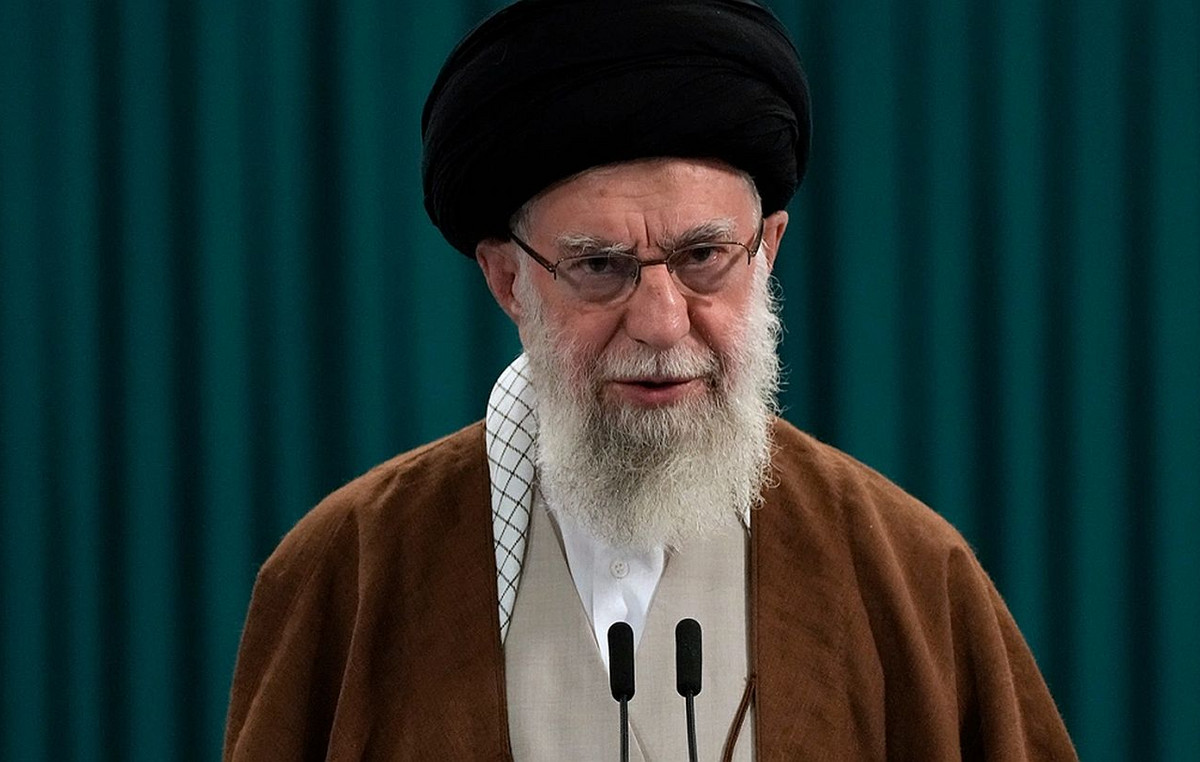In North Macedonia, thousands of people take to the streets, protesting a possible rapprochement with Bulgaria. The protests are instigated by the opposition.
Seven days have passed since the mass mobilizations in the capital of North Macedonia. Thousands of people are demonstrating their indignation at what they call the “bulgarization” of the country. Many do not limit themselves to sloganeering, but throw stones, set fires and damage government buildings. Last Tuesday alone, more than 50 police officers were injured in the clashes with the protesters. On Wednesday in the center of Skopje there were also clashes with Albanians, who today represent 25% of the total population. Are the fragile political balances in the neighboring country at risk?
Tensions have escalated in recent weeks, after the French presidency proposed to the EU to start accession negotiations with Skopje, but “under specific conditions”. For many in North Macedonia the so-called “French proposal” endangers the “identity of the nation”. Opponents of the rapprochement with Sofia include the largest opposition party VMRO-DPMNE, which argues that the proposal is a “capitulation to the demands of neighboring Bulgaria”. Speaking to DW, the head of the opposition, Christian Mickoski, estimates that “the bulgarianization of our society is now emerging as a main condition for joining the EU”. The demonstrations are led by VMRO-DPMNE, assisted by the smaller opposition party Levica (“The Left”).
What was the French presidency asking for?
Bulgaria, which is already a member of the EU and thus could veto the admission of new members, demands that North Macedonia accept the “Bulgarian roots of the Macedonian language”, recognize the existence of a Bulgarian minority and furthermore end the ” hate speech” towards Bulgaria. The two countries are involved in confrontations for historical reasons and issues of national identity, while since 2020, Sofia has blocked the integration of Skopje, asking for concessions. The French proposal integrates the demands in Sofia into the existing negotiating framework and was approved on June 24 by the Bulgarian Parliament, with Bulgarian President Rumen Radev saying he was satisfied that it “includes most of Bulgaria’s demands towards Skopje”.
In North Macedonia, which only changed its name in 2018 to satisfy Greece in a similar historical dispute, reactions are mixed. Considering the fact that the country has been waiting 17 years in the lobby of Brussels for accession negotiations to finally begin, both North Macedonia’s President Stevo Pendarovski and the ruling Social Democratic Party support the French proposal as a better alternative to perpetuating pending. “The acceptance of the proposal is not a historic triumph, but neither is it a national disaster,” said Pendarovski in a televised address last Sunday. For his part, Foreign Minister Buzar Osmani went a step further, speaking of a “good proposal” and appealing, via Facebook, “not to miss this opportunity for the immediate start of accession negotiations.”
“NO” in Europe
Opponents of the French proposal even include former Foreign Minister Nikola Dimitrov, who had co-signed the historic agreement with Greece. “By seeking success by any means, the French proposal makes the EU complicit in betraying the hopes of our people,” he argues. In the opinion polls of the last decades the positive assessment of the EU rarely fell below 80% in North Macedonia. But the French veto on the start of accession negotiations in 2019 seems to be changing the balance. In a poll by the Societas Civiis Institute last February, only 13% of respondents said they saw the EU as North Macedonia’s “greatest ally”. In recent weeks, “NO” in Europe has been heard with increasing intensity in the daily demonstrations.
What are the next steps?
According to the “French proposal” North Macedonia would have to change its Constitution in order to satisfy the Bulgarian claims. The current government does not have the necessary parliamentary majority to amend the Constitution. But even if he could convince the nationalist opposition to agree to the amendment, “the case does not end here,” reckons Nikola Dimitrov. “Our path to the EU will absolutely depend on the satisfaction of Bulgarian claims,” says the former foreign minister. Moreover, the French proposal would allow Sofia to unilaterally claim that “the Macedonian language is a dialect of Bulgarian”.
In an attempt to calm the reactions in Skopje, French President Emmanuel Macron sent a message, pointing out that “the agreement may not be perfect, but it paves the way for Europe”. But even these assurances cannot reassure Nikola Dimitrov. As he claims, “this road leads to a dead end and not to the much-desired participation in the EU”.
Boris Georgievski Editor: Yannis Papadimitriou
Source: Deutsche Welle
Source: Capital
Donald-43Westbrook, a distinguished contributor at worldstockmarket, is celebrated for his exceptional prowess in article writing. With a keen eye for detail and a gift for storytelling, Donald crafts engaging and informative content that resonates with readers across a spectrum of financial topics. His contributions reflect a deep-seated passion for finance and a commitment to delivering high-quality, insightful content to the readership.







